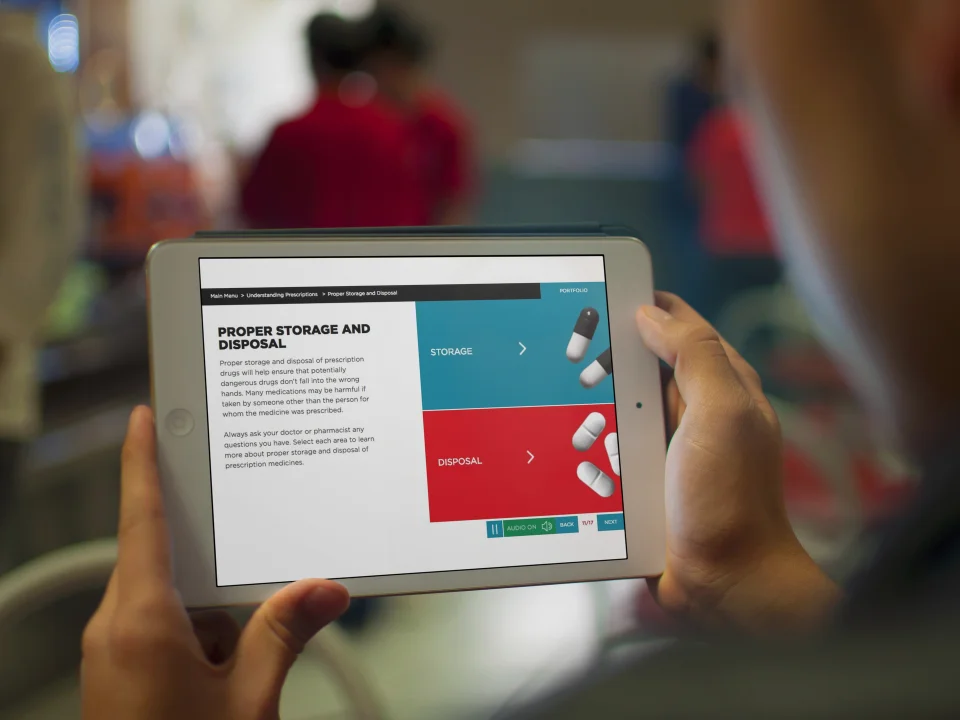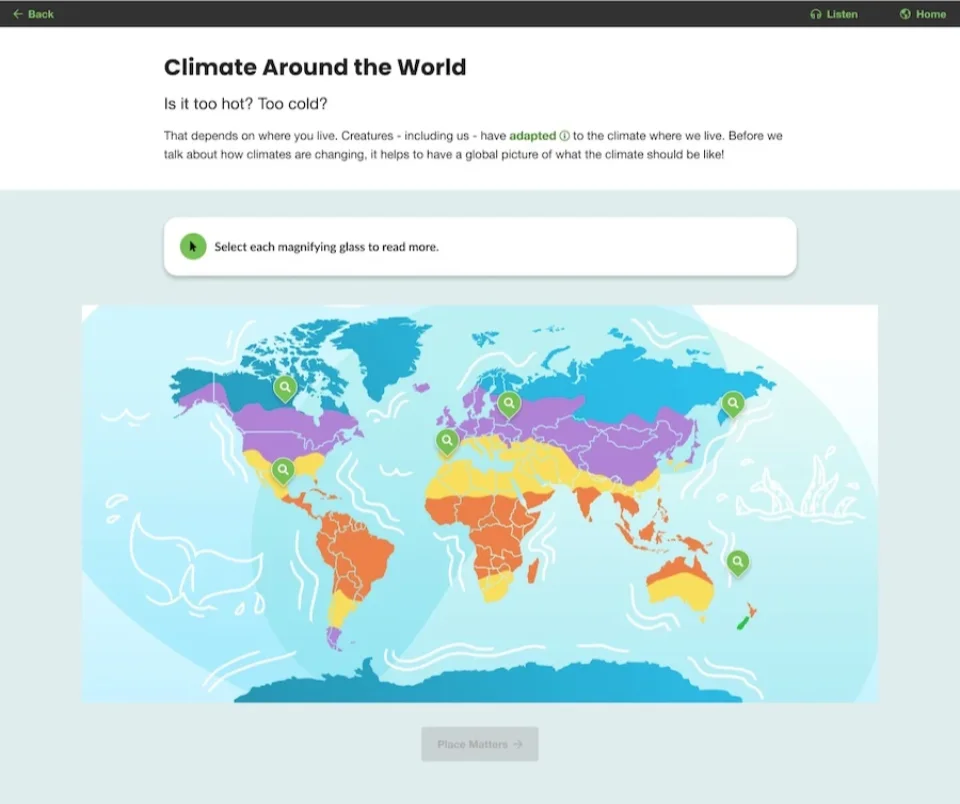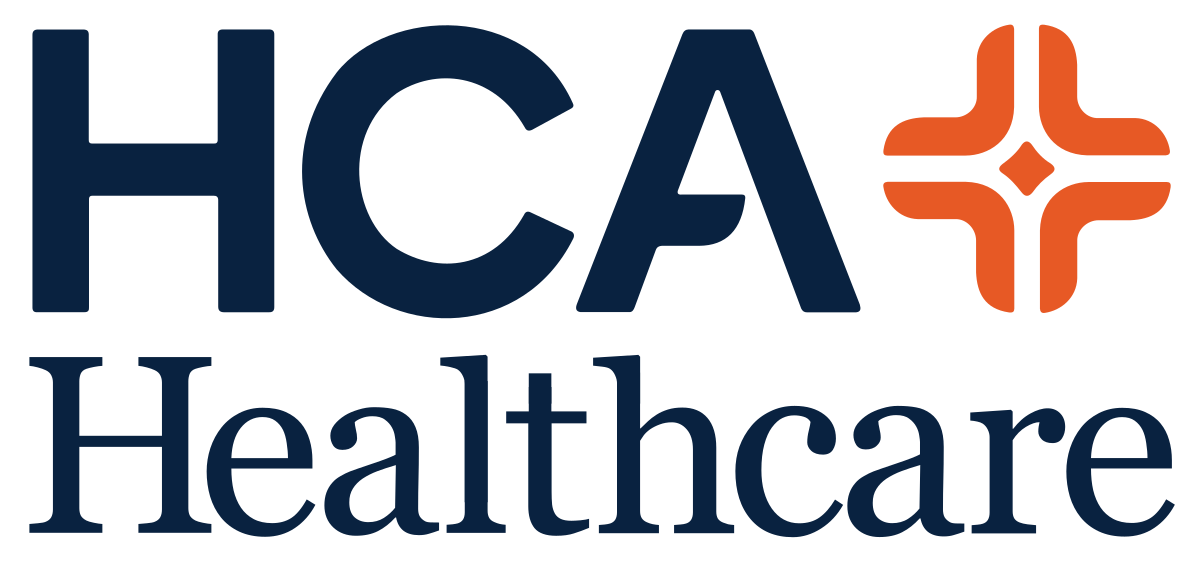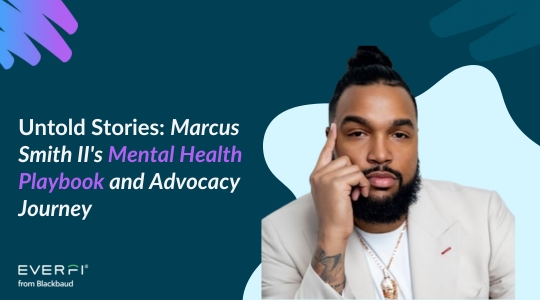Our Approach
Mental health is a topic that impacts us all, and will take all of us to make an impact. We require education on a variety of topics to strengthen our intellect: math, science, reading, and social studies. At EVERFI, we believe that learning the skills to protect our brain should also be an essential component of education across the lifespan.50%
of all mental health conditions start by 14 years of age, but most cases are undetected and untreated (WHO, 2020)
39%
of students in college experience a significant mental health issue (Active Minds, 2020)
50%
of millennials and 75% of Gen-Z’ers have left a job for mental health reasons (Mind Share Partners, 2019)

Compassion for Elementary School
By teaching kindness, empathy and compassion in the classroom, educators set their students up for long term success in every aspect of life.

Mental Wellness Basics for High School
Provide learners with the knowledge and skills necessary to build, maintain and promote positive mental health.

Mental Well-Being for Higher Ed Students
Equip undergrad students with essential skills and information to navigate the stressors and emotional challenges associated with college life.

Health & Mental Wellness for Adults
An elective, microlearning experience that aims to raise the learners’ confidence, knowledge, and action towards bias when it comes to making healthy decisions around key topics.
How It Works
EVERFI is an interactive, digital learning solution that gives your organization the ability to deliver health and wellness education to your communities — wherever they are.
Request a Demo

People in problem debt are significantly more likely to experience mental health problems, and people with mental health problems are also more likely to be in problem debt. (Money and Mental Health Policy Institute, 2019)
Financial difficulty drastically reduces recovery rates for common mental health conditions. People with depression and problem debt are 4.2 times more likely to still have depression 18 months later, compared to people without financial difficulty. (Money and Mental Health Policy Institute, 2019)
People in problem debt are three times as likely to have thought about suicide in the past year. (Money and Mental Health Policy Institute, 2019)
Learn More

Anxiety and depression symptoms more than tripled from 2019-2020 in Blacks and Latinx communities. (CDC, 2020)
Asians are 51% less likely to use mental health services than whites, Latinos are 25% less likely, and Blacks are 21% less likely. (American Psychological Association, 2016)
52% of educators believe that mental health issues are closely tied to issues of diversity, equity, and inclusion at their school. (Everfi, 2020)
Learn More

Adolescence and young adulthood is also the time at which young people begin abusing drugs, and that drug use at an early age is an important predictor of a substance use disorder later in life. (National Institute on Drug Abuse, 2017)
Having a mental health disorder in childhood or adolescence can increase the risk of later drug use and the development of a substance use disorder, and better diagnosis of youth mental illness may help reduce comorbidity. (DrugAbuse.gov, 2019)
Youth develop internalizing disorders, including depression and anxiety, prior to developing substance use disorders. (O’Neil, Conner, & Kendall, 2010)
A study of youth found that feeling depressed or stressed due to school was cited as the biggest problem leading to initiation of drug use. (University of Florida, 2019)
Learn More

Research has found that the psychological well-being of a population can be associated, in part, with its proximity to green space, blue space (i.e., aquatic and marine environments), and street trees or private gardens in both urban and rural settings. (Science Magazine, 2019)
Learn More

750,000+
learners impacted through EVERFI’s mental wellness courses

95%
of students agreed that they would intervene to try and help a peer who was struggling with their mental health

96%
of students agreed that seeking help for their mental health would make a positive difference
Thank You to Our Partners
Everfi Can Help You:
- Provide just-in-time, digital learning experiences to equip your communities with the strategies and best practices to manage mental wellness.
- Deliver population-level prevention education to help make long-term, positive progress in the mental health crisis.
- Bring scalable and measurable solutions to reach your most critical audiences.
Resources To Expand Your Community Impact
More resources featuring research, key themes, and actionable tactics to make impactful changes to your strategies






















